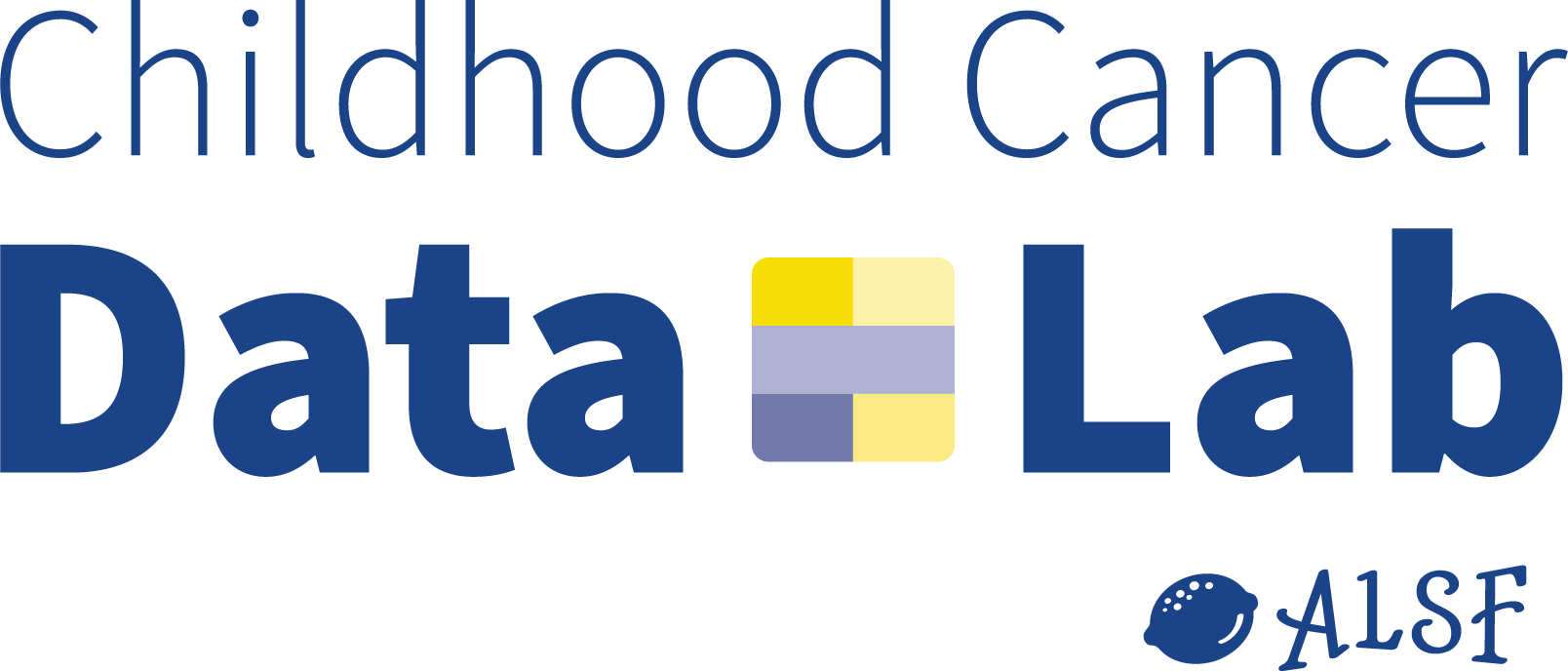Includes Bulk RNA-Seq
23 Downloadable Samples
Cell
10Xv3
Bulk RNA-seq
Pediatric brain tumors are now the most common cause of mortality from disease in childhood. Molecular characteristics of pediatric high- and low-grade gliomas (PHGG and PLGG), the most common tumor category overall, are crucial to treatment and outcomes, but the impact of these characteristics and of the variety of cell populations in these tumors is poorly understood. We performed single-cell RNA-sequencing on viably banked single cell samples of high- and low- grade glial tumors from children treated at Children’s Hospital Colorado. These samples are part of ongoing single-cell pediatric brain tumor banking that our group initiated a decade ago. The maturity of this resource, collected over a decade, provides us with the opportunity to perform well-powered outcome association studies. Samples are collected during routine surgery and immediately disaggregated to isolate single cells. These are then viably frozen in DMSO and banked for later use. We have tumors that cover the variety of subtypes in each of these diseases, as well as comprehensive clinical information on these cases, which will allow us to correlate molecular subtypes and research findings with these clinical measures. Here, we perform single-cell RNA-sequencing on 23 samples from patients with PHGG. In PHGG, we aim to understand the extent to which pediatric HGG stem like cells may differentiate into other cell types found in HGG tumors, or whether the non-stemlike cells may be derived from host tissue; whether gene expression is altered in host cells as the result of interactions with tumor stem cells; and the extent to which specific gene expression patterns among tumor cell subpopulations correlate with outcome measures such as mortality or event-free survival. These studies will significantly advance our understanding of disease biology and provide the detailed molecular and functional insights needed to identify new therapeutic targets for these biologically and clinically heterogeneous tumors.
30 Downloadable Samples
Cell
10Xv2_5prime
CITE-seq
Bulk genomic studies of tens of thousands of acute myeloid leukemia (AML) cells mixed together have cataloged the changes in gene expression and mutations present in at least 10-20% of cells. The discoveries from these studies have implicated a number of new genes in AML formation, progression, and persistence, resulting in further subclassification of the disease. Still, these discoveries have thus far not been translated into improved outcomes for patients. This is in large part due to the heterogeneity of cell types and genomic changes within the cells that are present within a sample. The development of technologies to sequence genomes, quantify transcriptomes and identify surface proteomes of single cells has afforded a new opportunity to dissect and better understand the biology of these distinct cell types. In this study, we perform single-cell RNA sequencing and CITE-seq of 30 AML samples. Using cell types identified from single-cell RNA-sequencing with CITE-seq, cells are sorted based on expression of surface markers unique to phenotypic AML subpopulations. This is followed by whole genome amplification using our newly invented primary template-directed amplification (PTA) to perform accurate variant calling of the 1.2 Mb of the genome most commonly mutated in AML samples, as well as low-pass whole genome sequencing for single cell copy number variation profiling. Data from these studies will be used to identify distinct cell types present in AML samples including cells that appear to be of non-myeloid origin. This data will enable the exploration of transcriptomic changes present in distinct AML subpopulations. We anticipate the new insights afforded by this high-resolution resource will provide a deeper understanding of AML that could uncover new treatment approaches for this deadly pediatric cancer.
Includes Bulk RNA-Seq
38 Downloadable Samples
Nucleus
10Xv3.1
Bulk RNA-seq, Multiplexed
34 samples are multiplexed. Learn more
Single cell gene expression profiling of pediatric central nervous system (CNS) tumors holds great potential to further our understanding of carcinogenesis, augment prognostic indicators, and identify rational therapeutic targets. Whereas the genomic characteristics of these tumors are fairly well-defined in aggregate, the extent to which cellular heterogeneity is associated with carcinogenesis and clinical outcomes is largely unknown. Here we profile single nuclei gene expression in 36 brain tumor specimens from individuals with a diagnosis of ependymoma, glioma, or embryonal CNS tumor with substantial follow up time, as well as non-tumor brain tissue from three pediatric controls. We used the 10X Genomics Single Cell platform to obtain single nuclei for RNA sequencing in conjunction with bulk RNA sequencing. In conjunction with this study, we obtained 5-methyl- and 5-hydroxymethylation profiles on these samples to investigate functional aspects of gene regulation by cytosine modification. The data and results from this study are expected to reveal an abundance of information about pediatric CNS tumors with value for the broader scientific community.

